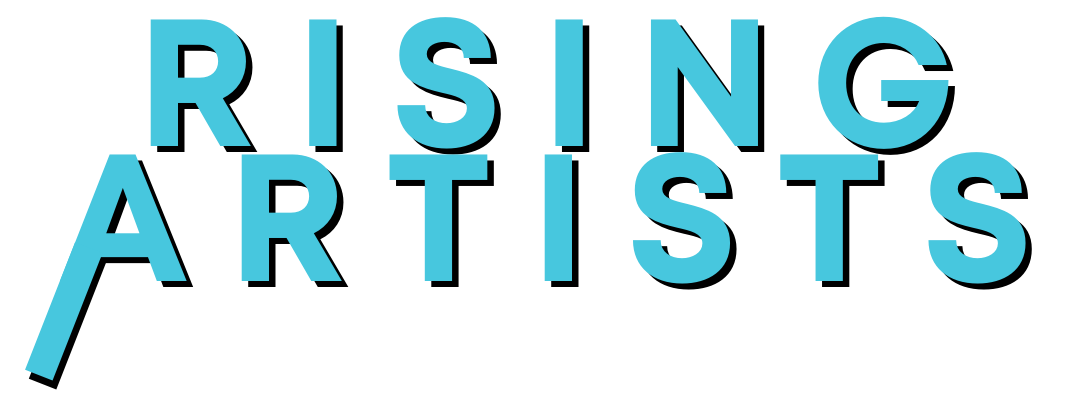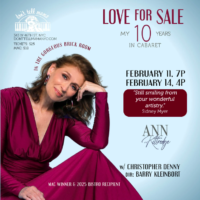Q: What inspired the melding of two seemingly very different genres: reggae and rock?
Mark: I am really into both reggae and rock and one of my original inspirations are The Clash and their genre mashing albums. Their version of Junior Murvin’s “Police and Thieves” is quite rightly famous, but they have also injected reggae into many of their tracks: “Guns of Brixton” and “White Man In Hammersmith Palais”, to name two out of many. Great reggae obviously has the baseline and the skank but it also has really simple and affecting melodies that speak directly to you. I’m also a fan of the first two UB40 albums which also have great saxophone, like “Cut Me Loose”!
Q: How did this song originate? Which part came first?
Mark: The lyrics and melody of the chorus came first and I constructed the song out of that. I tend to try out the lyrics in a variety of musical contexts, really wear it down, until one fits. Most of my songs tend to be lyric-led in that respect. This one really worked well with the reggae feel and the band slipped into it easily, which is always a good sign.
Q: How does this song fit into the larger narrative of the album that it is a part of?
Mark: The songs on the album Fighting On All Fronts are all stories from the frontline of modern Britain: the forgotten, the underdogs, the down at heel, the depressed. The lead song Fighting on all Fronts sums it up. It is definitely not a “woe is me” singer-songwriter album but songs about the insecurity of modern life. Important to me is that sense that Britain is a multicultural country, where we are better together, not divided. Musically, I tried to bring to bear all those influences: the melody and rhythm of reggae, the storytelling of folk music, and the anger and cathartic power of rock, punk in particular. “Cut Me Loose” fits into the larger narrative of the album by being about the fraying of a relationship caused by stuff going on that is out of your control, miscommunication, and insecurity. The lyrics are kind of about the pressure that society brings to bear on relationships.
Q: The lyrics explore wanting to be set free from a relationship that is weighing the speaker down. The beat, however, seems fairly cheerful and light. What inspired this juxtaposition?
Mark: I think that the downbeat lyrics with the more uplifting music is something I do quite often. The lyrics make you think while the music makes you move and gives you hope. It’s a musical version of the old phrase “Optimism of the will, pessimism of the intellect!” And some of my favourite lyricists do it – Joe Strummer in Clampdown, for example, and Springsteen in so many songs.

Q: How did you get into music? What drives you to continue writing music?
Mark: Music has been central to me since I was a kid, a comfort to me when I’m down or lonely, and just as importantly, empowering in a world where sometimes we can feel powerless. That punk rock ethos, the DIY thing, is something I grew up on I still find really inspiring. Writing music and lyrics is as much a part of me as eating or drinking; it is a creative outlet that I couldn’t live without. I’ve got plenty more to say, and so many musical avenues to explore.
Q: When and how did you begin collaborating as a band?
Mark: Fighting on All Fronts is our third album and we met at an open mic night at the local pub years ago!
Q: What do you hope for your music in the future?
Mark: I’m busy demoing a new album which, I hope, will be out next year and I’ve got various different projects lined up after that. Maybe a roots album, maybe an acoustic album. Don’t know yet. What do I hope for for my music? That it touches people, makes them move, makes them think, makes a difference.
Interviewed by Kat Rendon
FOLLOW MARK VENNIS & DIFFERENT PLACE:













